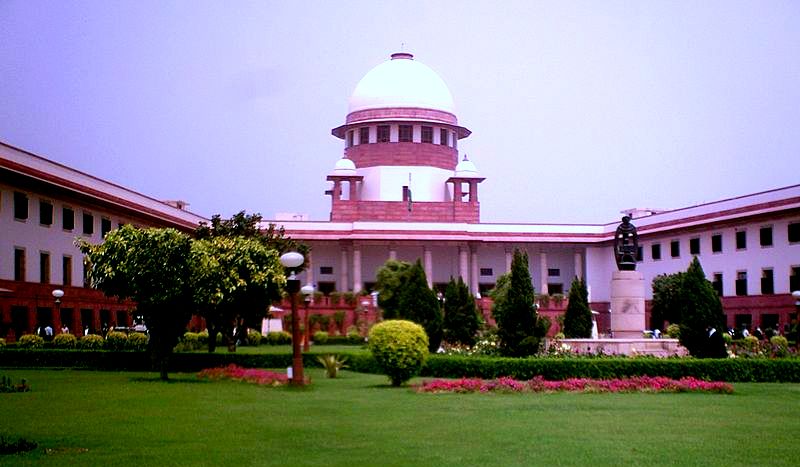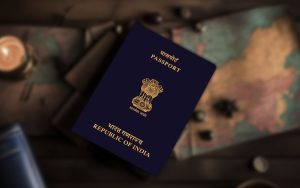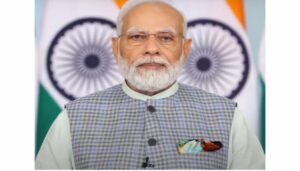Supreme Court Stays UP, UK, MP Directives Requiring Display of Eatery Owners’ Personal Details

New Delhi, 22nd July 2024: On Monday, the Supreme Court issued a stay on directives from the Uttar Pradesh, Uttarakhand, and Madhya Pradesh governments requiring eateries along the Kanwariya Yatra route to display the names, addresses, and mobile numbers of their owners and staff.
The interim order was made by a two-judge bench, led by Justice Hrishikesh Roy and Justice S.V.N. Bhatti, following a petition from the Association for Protection of Civil Rights (APCR), All India Trinamool Congress leader Moitra, and Professor Apoorvanand. They challenged the state directives.
The Supreme Court’s bench stated that while food vendors, including dhaba operators, restaurants, and street vendors, may be required to display the types of food they offer to Kanwariyas, they should not be compelled to reveal personal details of the owners and employees. The Court has issued notices to the three states and scheduled the case for further hearing on July 26.
The Uttar Pradesh government had mandated that shopkeepers and eatery owners display their names and other details at locations where the Kanwar Yatra takes place. This directive, issued last Friday, aimed to facilitate the smooth conduct of the pilgrimage and uphold the sanctity of the event. The government also indicated that it would take action against those selling ‘halal-certified’ products.
In response to criticism, the UP government revised the directive on Thursday, making the display of names voluntary for eatery owners.
Justice Bhatti, during the hearing, emphasized the importance of maintaining hygiene standards at eateries. He referenced his own experiences in Kerala, noting that high standards of cleanliness can be maintained by businesses regardless of their owners’ backgrounds.
The petitioners argued that such directives, issued just before the Kanwariya Yatra, had not been seen in previous years and their enforcement would impact multiple states.
The Supreme Court has noted that the implications of these directives span several states and has requested responses by July 26, 2024.








